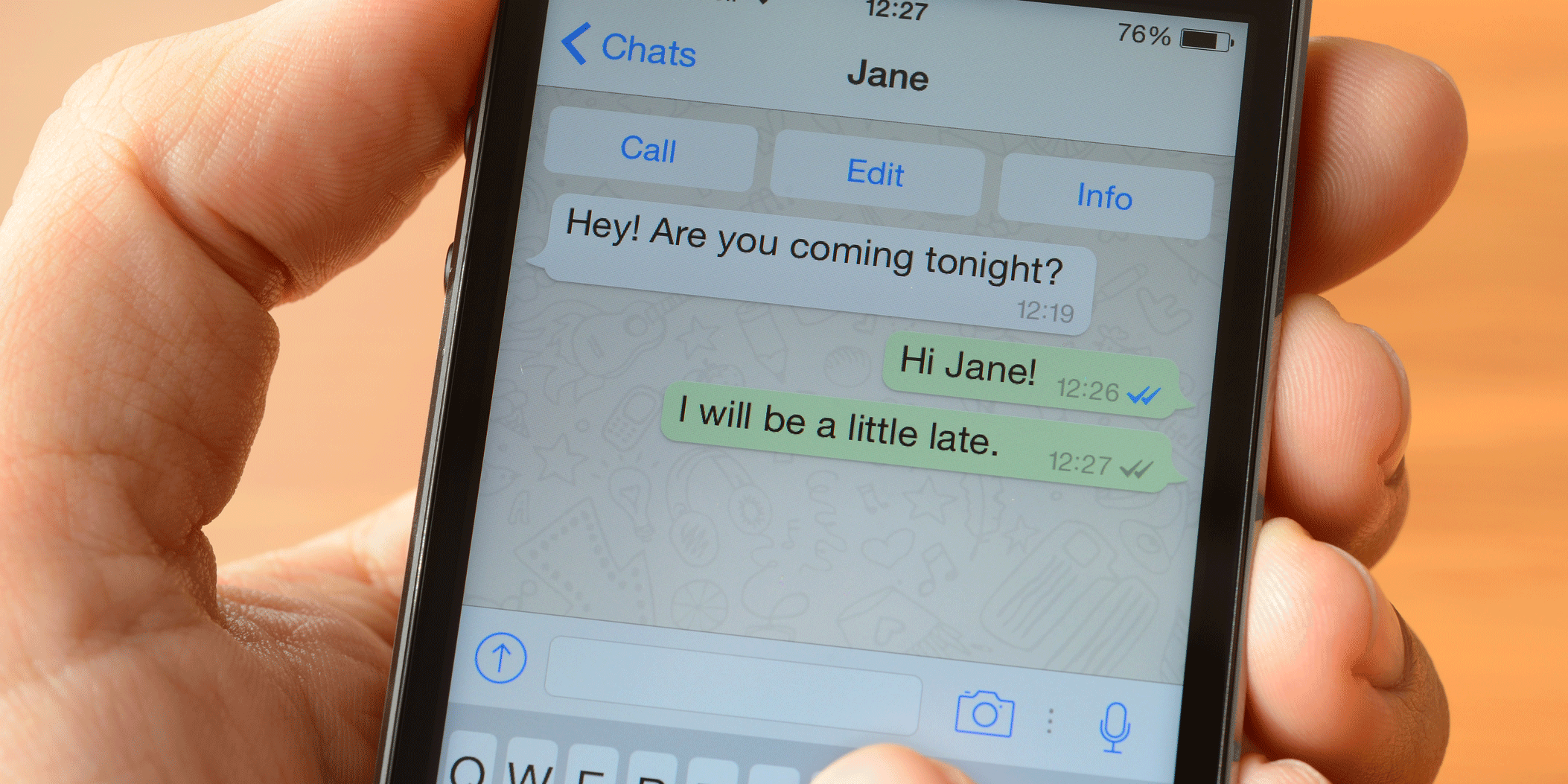Science & Tech
Mimi Launder
Nov 15, 2017

Picture:
iStock / hocus-focus
The full stop treatment, where you use a period to convey irritation over text, is now backed by science as an effective way to say 'screw you'.
Yep, the full stop no longer means the sentence is over. It means you're insincere, abrupt and a horrible texter. Something a lot of people knew anyway.
Text messages that end with a full stop are apparently seen as less sincere, according to a 2016 study.
Further experiments revealed people respond to a single-word text (for example: yeah, nope) differently in the presence or absence of a full stop.
Binghamton University Professor of Psychology Celia Klin explained:
In formal writing, such as what you'd find in a novel or an essay, the period is almost always used grammatically to indicate that a sentence is complete.
With texts, we found that the period can also be used rhetorically to add meaning.
Specifically, when one texter asked a question (e.g., I got a new dog. Wanna come over?), and it was answered with a single word (e.g., yeah), readers understood the response somewhat differently depending if it ended with a period (yeah.) or did not end with a period (yeah).
This was true if the response was positive (yeah, yup), negative (nope, nah) or more ambiguous (maybe, alright).
We concluded that although periods no doubt can serve a grammatical function in texts just as they can with more formal writing -- for example, when a period is at the end of a sentence -- periods can also serve as 'textisms', changing the meaning of the text.
But you can also use punctuation and other 'textisms' to get people on your good side.
Though emoticons, bad spelling and an overuse of exclamation marks may horrify punctuation pedants, they're not a sign that people nowadays have no respect for language.
'Textisms' actually convey meaning in the absence of spoken conversation.
This is according to newly published research from the same team at Binghamton University.
Klin said:
In contrast with face-to-face conversation, texters can't rely on extra-linguistic cues such as tone of voice and pauses, or non-linguistic cues such as facial expressions and hand gestures.
In a spoken conversation, the cues aren't simply add-ons to our words; they convey critical information.
A facial expression or a rise in the pitch of our voices can entirely change the meaning of our words.
It's been suggested that one way that texters add meaning to their words is by using 'textisms' - things like emoticons, irregular spellings (sooooo) and irregular use of punctuation (!!!).
Language dogmatists who cringe at 'textisms' will have to catch up soon: our need to convey nuanced meaning over texts means they will evolve faster than spoken language.
So expect more emojis and abbreviations to crop up over time.
HT EurekAlert!
Top 100
The Conversation (0)














